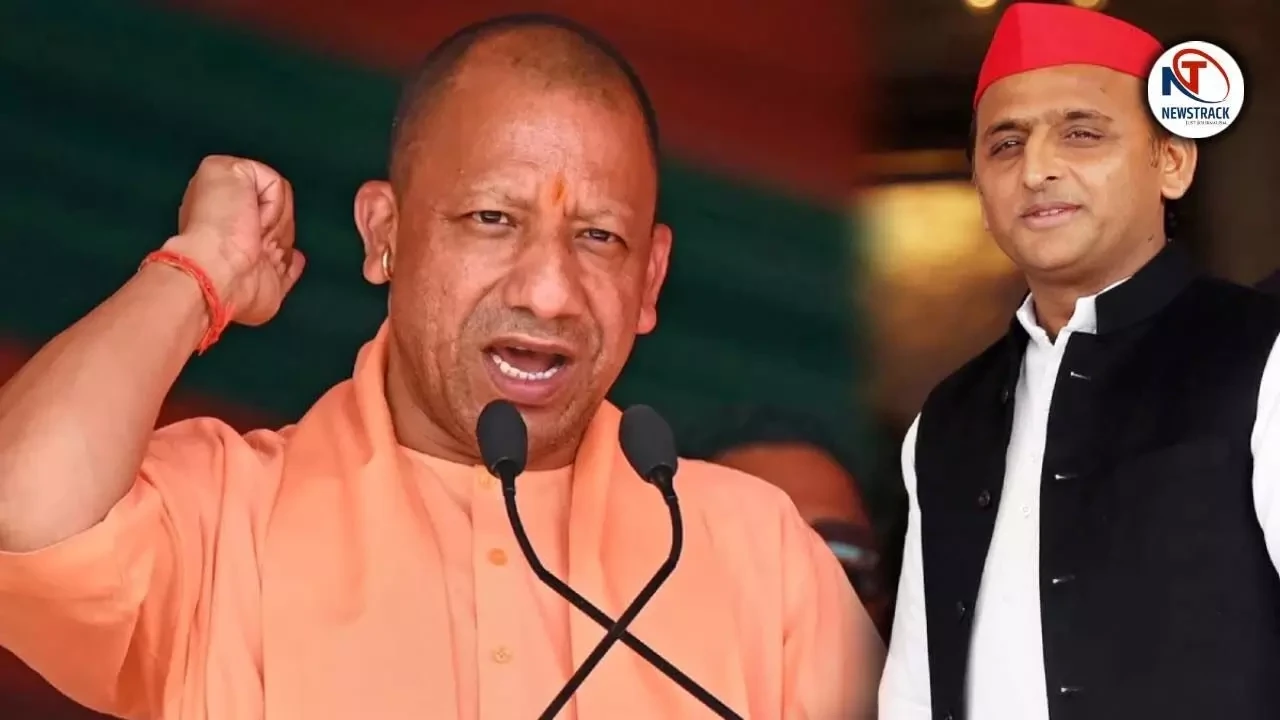BJP Masterstroke on Muslim Vote Bank: A new political strategy is quietly taking shape on the landscape of Uttar Pradesh-calm on the surface but explosive in its potential.
What were once considered grassroots elections focused on local development, the upcoming panchayat polls are now being positioned as a launchpad for the 2027 Assembly elections. This time, the Bharatiya Janata Party (BJP) is not merely aiming for a return to power but has set its sights on breaching the seemingly impenetrable fortress of the Samajwadi Party (SP)-its strongest stronghold: the Muslim vote bank. The BJP has begun knocking on doors it had long ignored-the political power centers of Muslim-majority villages.
Panchayat Polls: Launchpad for 2027 Power
Uttar Pradesh has about 1 lakh villages, with around 57,695 gram panchayats, of which nearly 7,000 are traditionally headed by Muslim leaders. Over 8,000 BDC (Block Development Council) members are also Muslim. These aren’t just administrative numbers-they represent significant political leverage. The BJP’s strategy is clear: use the panchayat elections as a political laboratory to introduce trusted Muslim faces in majority-Muslim regions, help them win, empower them with local authority, and then use that network to challenge SP in its core base during the 2027 elections.
This mission has been entrusted to the BJP Minority Morcha, which has already begun collecting district-wise data to identify dominant Muslim villages and potential candidates.
BJP Aims to Reshape Muslim Politics
The BJP has made several attempts over the years to engage with the Muslim community-Shia politics, Sufi conferences, and efforts to reach out to Pasmanda Muslims. Yet, it has failed to penetrate the core Sunni vote base, which constitutes the majority. The party has now realized that to genuinely connect with the Muslim community, it must practice bottom-up politics, not top-down tokenism.
In Uttar Pradesh, countless leaders have risen from village head positions to MLAs and MPs. That’s why the BJP now plans to field and support candidates in Muslim-majority villages. According to Kunwar Basit Ali, President of the BJP Minority Morcha, the goal is to promote Muslim leaders aligned with BJP ideology and opposed to the SP-leaders deeply rooted in their communities but aligned with BJP’s vision for the future.
Support in Exchange for Support
Although panchayat elections are non-party-based, every political party throws its full weight behind candidates. The BJP has now openly declared it will support Muslim candidates-using political clout and organizational strength to help them win. In return, it will expect political dividends in 2027. This is more than just an electoral strategy; it’s a new experiment in socio-political inclusion. Winning Muslim candidates will be connected to BJP MPs, MLAs, and the administrative machinery, empowering them in their local areas-whether at police stations, revenue offices, or in development schemes.
Piercing the SP’s Strongest Fort
In the 2022 UP Assembly elections, around 80% of Muslims voted for the Samajwadi Party. This figure rose to 85% in the 2024 Lok Sabha elections, indicating a consolidated anti-BJP Muslim vote. The BJP now aims to break this fortress from within through panchayat elections. The party also realizes that it often lacks ground-level workers in Muslim-majority villages. Therefore, nurturing local Muslim leaders becomes vital to establish a BJP network. If BJP-backed candidates win in panchayat elections, they can become grassroots agents for the party in the 2027 state polls.
BJP Seizing on BSP’s Decline
Another crucial factor aiding this strategy is the decline of the Bahujan Samaj Party (BSP). At one point, a large section of Muslims supported BSP, but Mayawati’s passive leadership and failed caste equations have forced the community to search for a new political home. The BJP sees this vacuum as an opportunity. By fielding credible candidates in Muslim-majority villages and empowering them through state support, the BJP aims to build long-term loyalty and later secure their support in the 2027 elections.
Who Will Be the Next Face in This Political Laboratory?
The real game has now begun. BJP Minority Morcha teams are visiting villages with a strong SP presence but where signs of dissent are emerging. They are identifying Muslim leaders willing to contest against the SP and sympathetic to BJP’s ideology. The party will activate its MLAs, MPs, and local organizational network to help such candidates win. Once they’re in, the BJP’s organizational machinery is known to retain such leaders for years.
Will the Muslim Vote Bank Break?
It’s a big question-and the answer will depend on ground-level execution. If successful, this strategy could be the first major blow to the SP’s decades-long hold on the Muslim vote in Uttar Pradesh. Panchayat politics has now gone beyond local-it’s directly tied to Assembly and Parliamentary power.
If the BJP can install strong Muslim faces in village leadership positions, the 2027 elections may shift from communal polarization to a narrative of political inclusion.
Now, the key questions are:
- Will the BJP succeed in this bold experiment?
- Will the saffron flag fly in Muslim villages?
- Or will this turn out to be a failed gamble?
One thing is certain-UP’s politics has reached a decisive turning point, where every panchayat is a battleground leading up to the Assembly and beyond.
